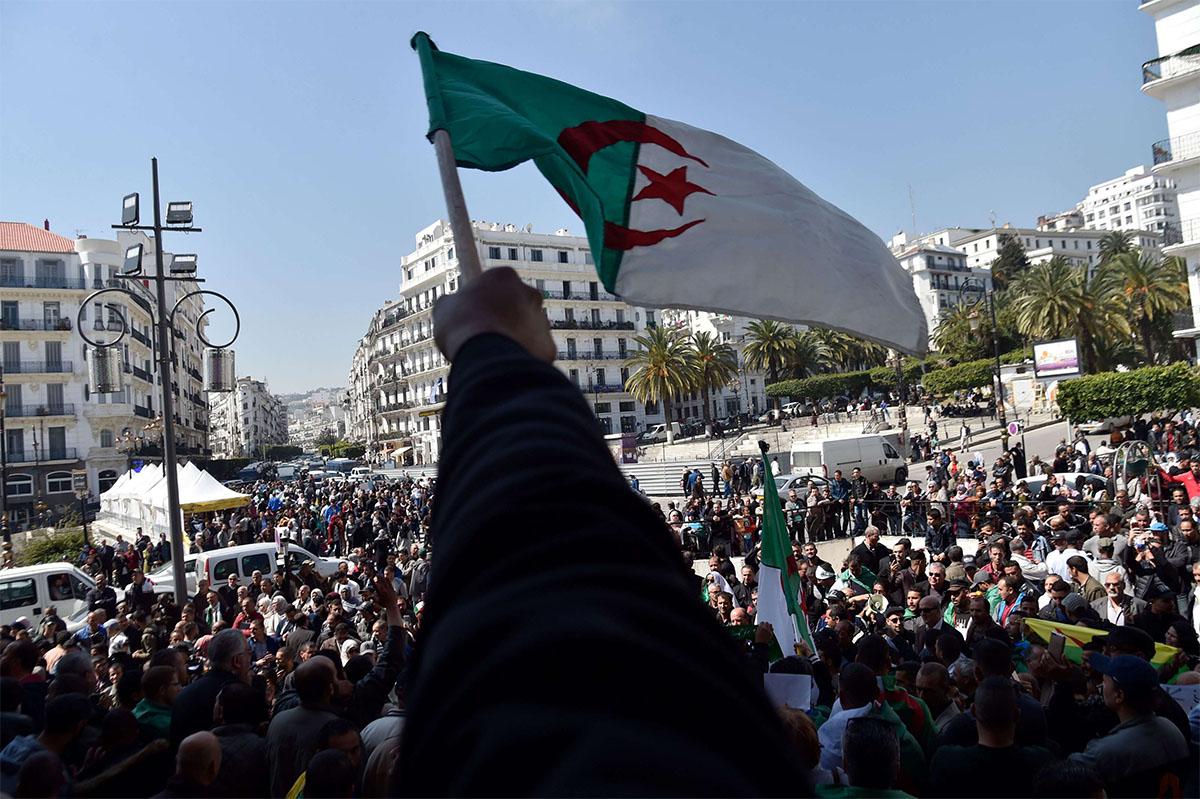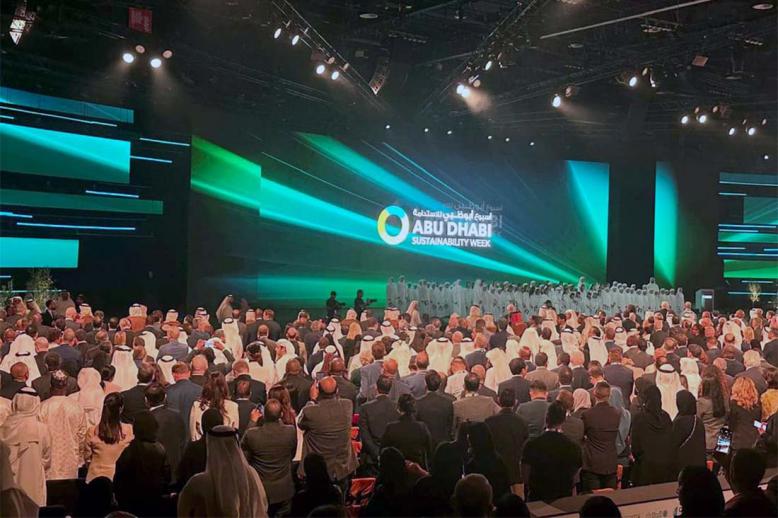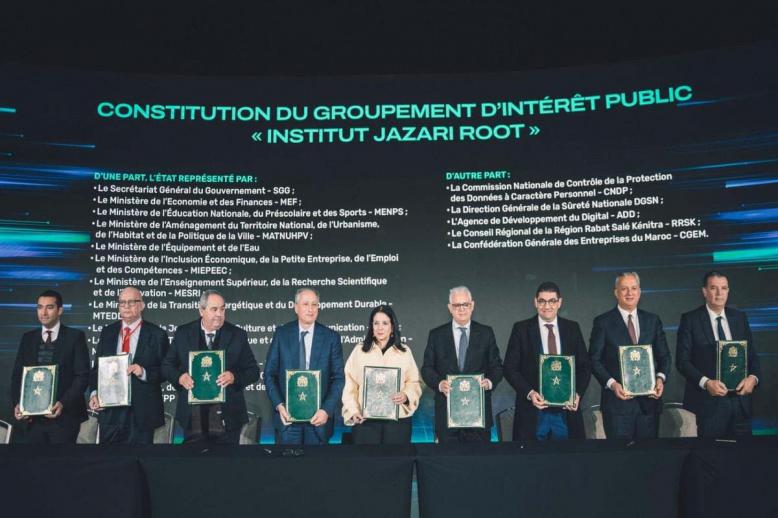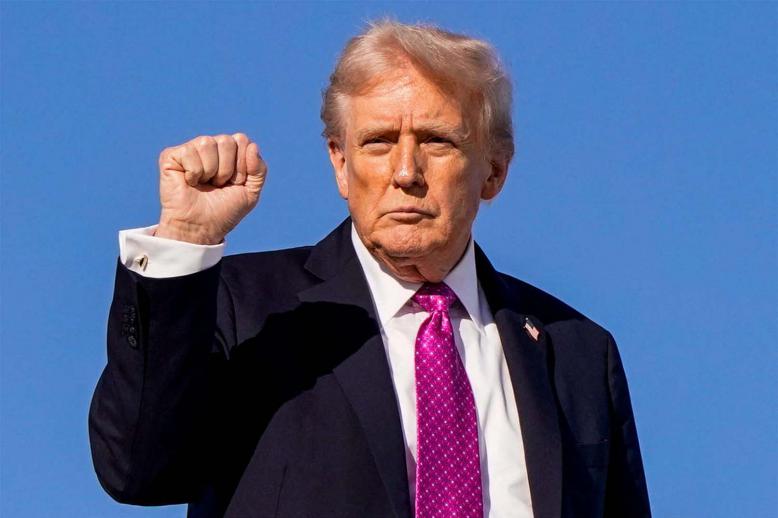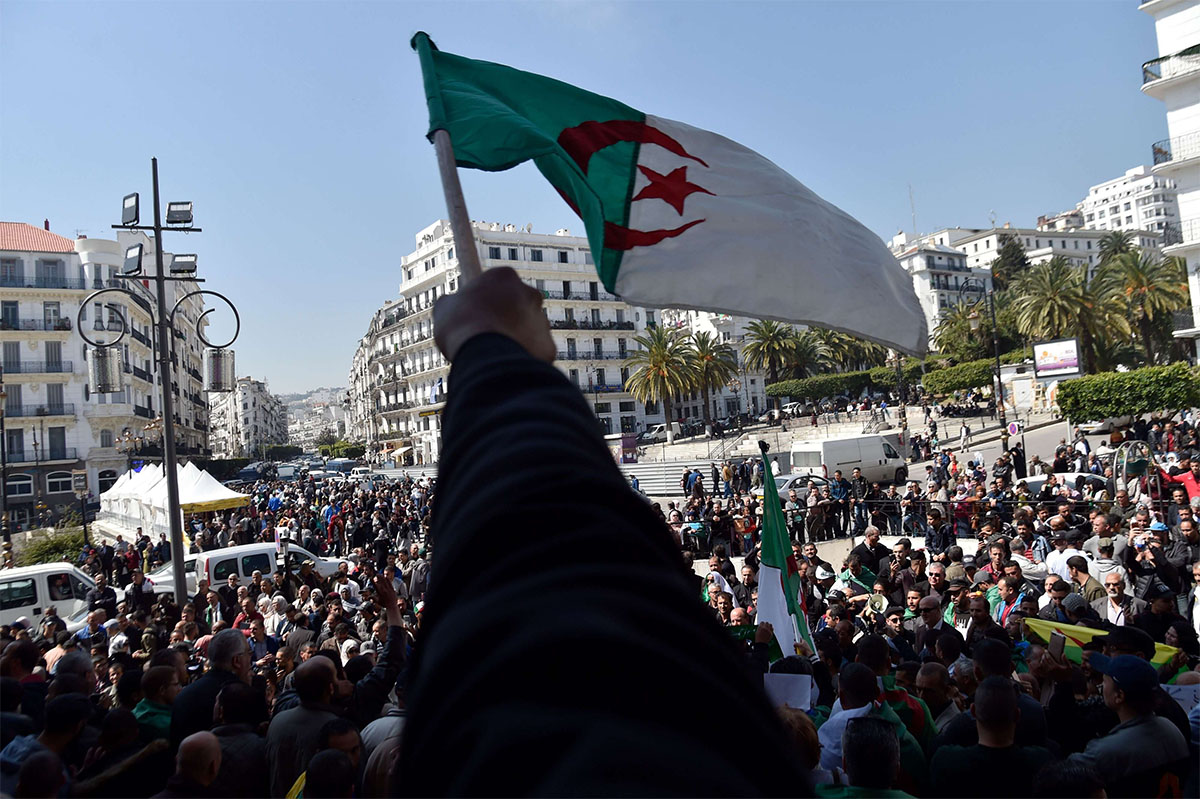Algerians prepare for new protests against “3B”
ALGIERS - Algerians were preparing Friday for the first mass protests since the resignation of ailing president Abdelaziz Bouteflika, in a key test of whether the momentum for reform can be maintained.
Activists took to social media calling for "joyful demonstrations" to "peacefully bring down a dictatorial regime.
Opponents of the old regime have called for a massive turnout, targeting a triumvirate they dub the "3B" - Abdelakder Bensalah, Tayeb Belaiz and Prime Minister Noureddine Bedoui.
The veteran Bouteflika loyalists have been entrusted with overseeing the political transition after the veteran leader finally stepped down at the age of 82.
Bouteflika resigned late on Tuesday after weeks of demonstrations triggered by his bid for a fifth term in office. He had lost the backing of key supporters including armed forces chief Ahmed Gaid Salah.
Bensalah, speaker of the upper house of parliament for 16 years, is to take the reins as interim president for three months until elections are organised.
Belaiz, a minister for 16 years, was named by Bouteflika as head of the Constitutional Council which will regulate the elections.
Before his appointment as prime minister, Bedoui had served as interior minister - or, as the French-language El Watan newspaper put it on Thursday, "chief engineer of electoral fraud".
Opponents say all three are tarnished by their long years of service under Bouteflika and should follow his lead and resign.
One of the leading voices of the protest movement, lawyer Mustapha Bouchachi, called for the demonstrations to continue "until they have all gone".
"Our victory is partial," he said in a video posted online.
"Algerians will not accept that symbols of the regime... lead the interim period and organise the next elections.
"These symbols of the regime cannot be part of the solution and we have been demanding since February 22 that the whole system, its symbols and its clients, leave," he added.
"The president's resignation does not mean that we have actually won."
'Delicate phase'
Protesters are calling for new transitional institutions to be set up to implement reforms and organise free elections.
"Sticking with the constitution would probably be met with quite a bit of protest, as protesters may be wary of elections not being fair, competitive and free," said Isabelle Werenfels of the German Institute for International and Security Affairs.
"One option would be to name an independent and broadly accepted head for a transitional body," she said.
Hamza Meddeb, an independent analyst in Tunisia, said Algeria was entering "a very delicate phase, because the street and the institutions are at risk of diverging".
Geneva-based political scientist Hasni Abidi said "the Algerian street has become has become a new player" in the country's politics.
Little was known, however, about the army's intentions, he said.
Algerian newspapers have focused on the how the military might react in the event of continuing protests.
"Will the military institution put all its weight into imposing strict compliance with the constitution... or push for another consensual political outcome?" asked the French-language Le Soir d'Algerie.
Despite abandoning his patron Bouteflika who named him army chief in 2004,, General Gaid Salah is still seen by protesters as a key defender of the "system".
The Liberte newspaper said many Algerians could not forgive the army chief for having backed Bouteflika almost to the end.
"After the Bouteflika clan, it will be the turn of the armed forces chief to face the street," it said.


